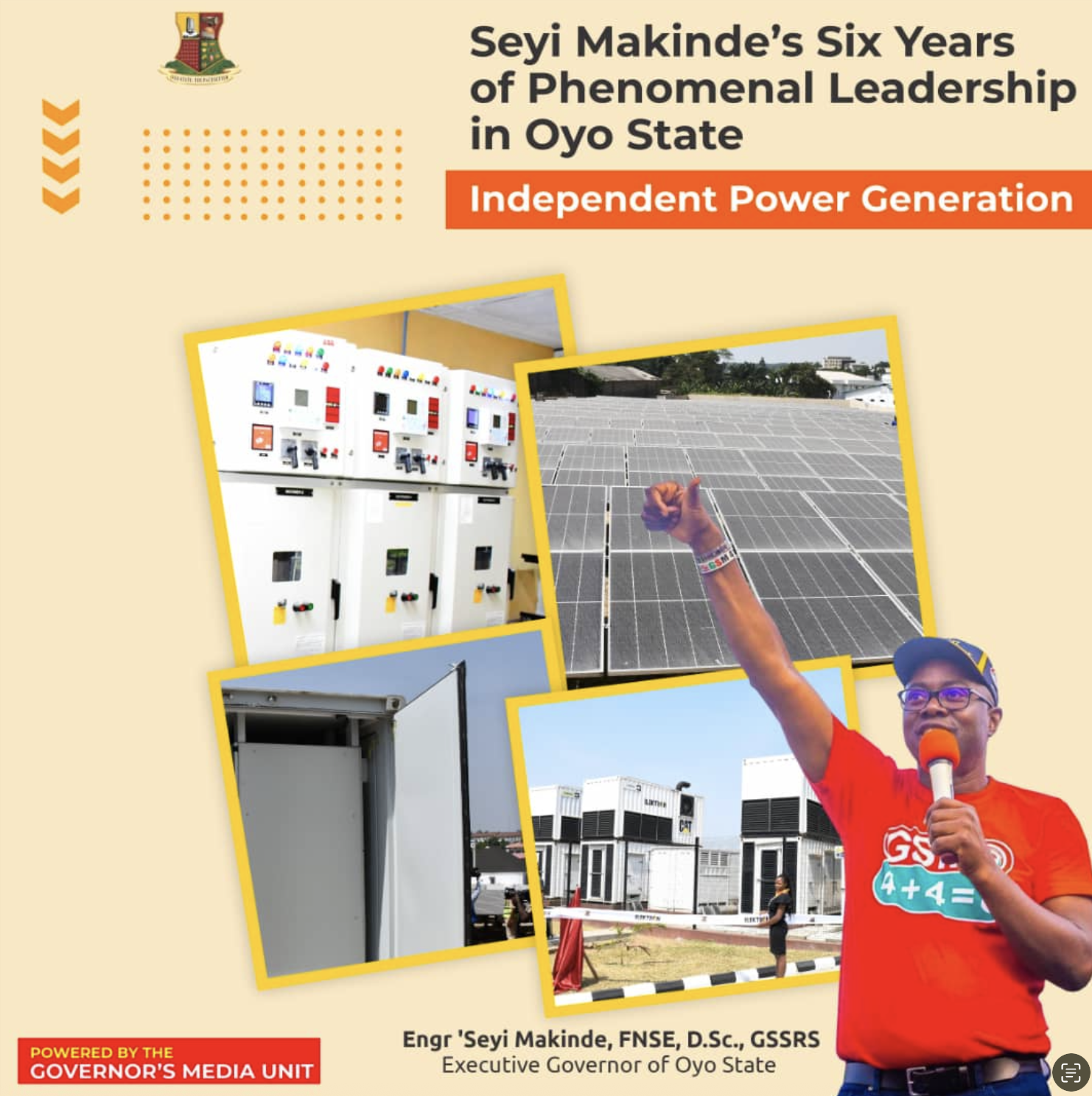Samuel Ladoke Akintola, popularly known as S.L.A., was no doubt an adroit politician. He was a political strategist and an orator of note. Akintola was in the mould of the likes of Dr Nnamdi Azikiwe and the Cicero of Esaoke, late Chief Bola Ige for oratory.
Consummate polyglot
According to Dr. Festus Adedayo in his review of the book on the great politician titled ‘Samuel Ladoke Akintola in the eyes of History’ authored by Femi Kehinde, SLA “was a consummate polyglot who spoke Nupe, Hausa, Yoruba and English very fluently or the extremely witty polemicist who, according to Awolowo, could argue the two sides of an issue with equal dexterity, the deft administrator and lawyer, the pithy, firebrand writer and the Editor of one of the most consequential newspaper organs at the time called the Daily Service”.
S.L.A. (July 6, 1910 – January 15, 1966) was Aare Ona Kakanfo XIII of the Yoruba, a highly revered traditional title in Yoruba land.
Politics
According to historical records, Akintola returned to Nigeria in 1949 from the UK after training as a lawyer and teamed up with other educated Nigerians from the Western Region to form the Action Group (AG) under the leadership of Chief Obafemi Awolowo. He was the legal adviser of the group before becoming the deputy leader in 1953 after the death of Bode Thomas. As the deputy leader of the AG party, he did not serve in the regional Western Region Government headed by the premier Awolowo but was the Action Group Parliamentary Leader/Leader of Opposition in the House of Representatives of Nigeria. At the federal level he served as Minister for Health and later Minister for Communications and Aviation.
Disagreement
Chiefs Obafemi Awolowo and Ladoke Akintola later disagreed on the issue of direction of strategic alliances by the party, adoption of democratic socialism as the party’s platform. The battle for supremacy in the party led to disagreement between them. Akintola disagreed with Awolowo’s decision not to join the coalition government. Akintola felt the Yoruba people of the West were losing their pre-eminent position in business, university and administration in Nigeria to the Igbo people of the East simply because the Igbo-controlled NCNC had joined the government and the AG had not. He also opposed the party’s decision to adopt democratic socialism as its ideology, preferring a more conservative stance.
Party crisis
What followed? Akintola was accused by Chief Awolowo for trying to supplant him as Leader of the party. And in May 1962 with the Western House of Assembly set to remove Akintola after the party had earlier passed a vote of no confidence in the premier in a party meeting, crisis erupted on the floor of the house. The AG party broke into two factions leading to several crises in the Western Region House of Assembly that led the central/federal government, headed by the Prime Minister Sir Abubakar Tafawa Balewa to declare State of Emergency rule in the Western region and Chief (Dr.) M.A. Majekodunmi, the Federal Minister of Health was appointed as Administrator. Akintola was eventually restored to power as Premier in 1963(even though he had lost the legal battle with the Judicial Committee of the Privy Council then Nigeria’s highest tribunal).
Victory for Akintola
In the general election of 1965, Akintola won his position as Premier, not as member of the Action Group party, but as the leader of a newly formed party called Nigerian National Democratic Party (NNDP), which was in an alliance with the Northern People’s Congress (NPC) the party that then controlled the Federal Government.
Assassination
Akintola was assassinated in Ibadan, in Nigeria’s first military coup of 15 January 1966 (the Young Majors’ Coup)- which terminated the First Republic.
Old wounds healed
Recent launching of the book, ‘Samuel Ladoke Akintola in the eyes of History’ authored by Femi Kehinde in honour of the former Premier, brought about the union of old political foes. History was made when families of a former Attorney General and Minister of Justice, Late Chief Bola Ige who was political son of the late sage and Chief Ladoke Akintola assembled at the International Conference Centre, University of Ibadan for the event.
Said Chief Bolaji Ayorinde, the Chief Launcher at the event: “We now have another generation. In the 1960s, we had political gladiators in late Chief Obafemi Awolowo and Chief Samuel Ladoke Akintola. But, this new generation has agreed to work together. That is why we have Mrs. Funso Adegbola, daughter of Chief Bola Ige with us at this venue”.
Reviewing the book on Akintola, Dr. Adedayo, said: “Of all Nigerian leaders, especially those who contributed to the struggle against colonial rule and who thereafter became heirs to the emerging leadership of Nigeria, Akintola is undoubtedly one of the most understudied. There is sparse knowledge of him. The most dominant story that is paraded about him is his stiff-necked stand-up to his political party, the Action Group, in defiance of the parliamentary system of government which brought him into power”.
He argued: “One cogent reason the humongous contributions of SLA Akintola to the development of the Western Region and the immense footprints he left in today’s South West have remained unappreciated (he was instrumental to the establishment of the University of Ibadan, for example; he established the Airport Hotel; he had a hand in his government’s acquisition of the Cocoa House, and many others) is because his developmental contributions were blanked out by the press and thereafter, chroniclers of history followed suit.”
Femi Kehinde, the author of the book , revealed in Ladoke Akintola, a Yoruba irredentist who meant well for the future of his people but who became imprisoned in the labyrinth of volatile party politics which eventually set the Yoruba land he loved so much on a path of destruction.
By Siaka Momoh
Siaka Momoh is a Public Affairs Analyst



























